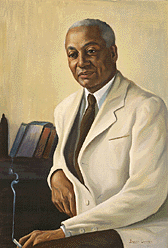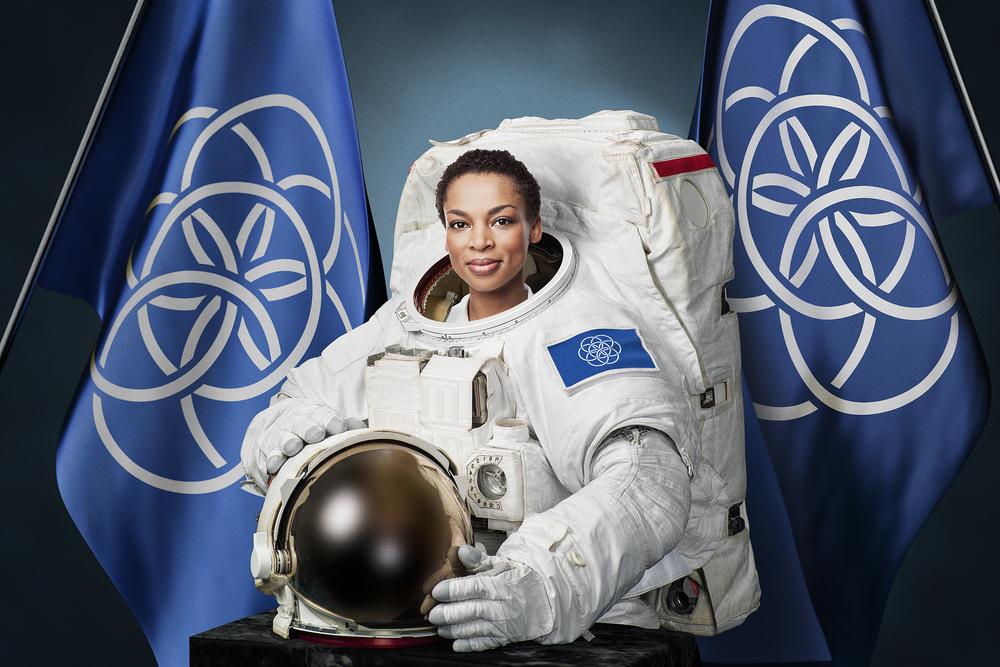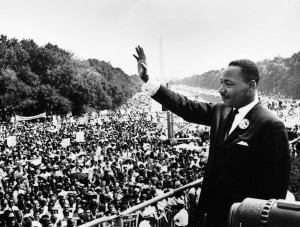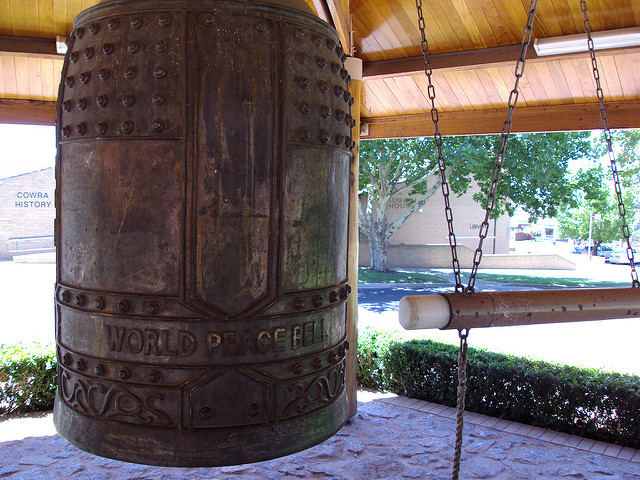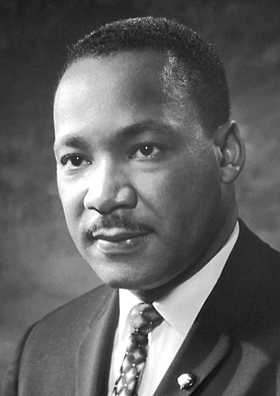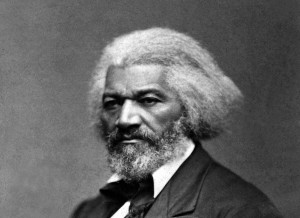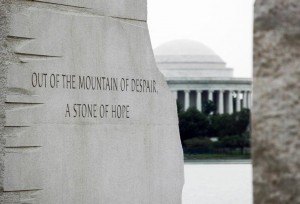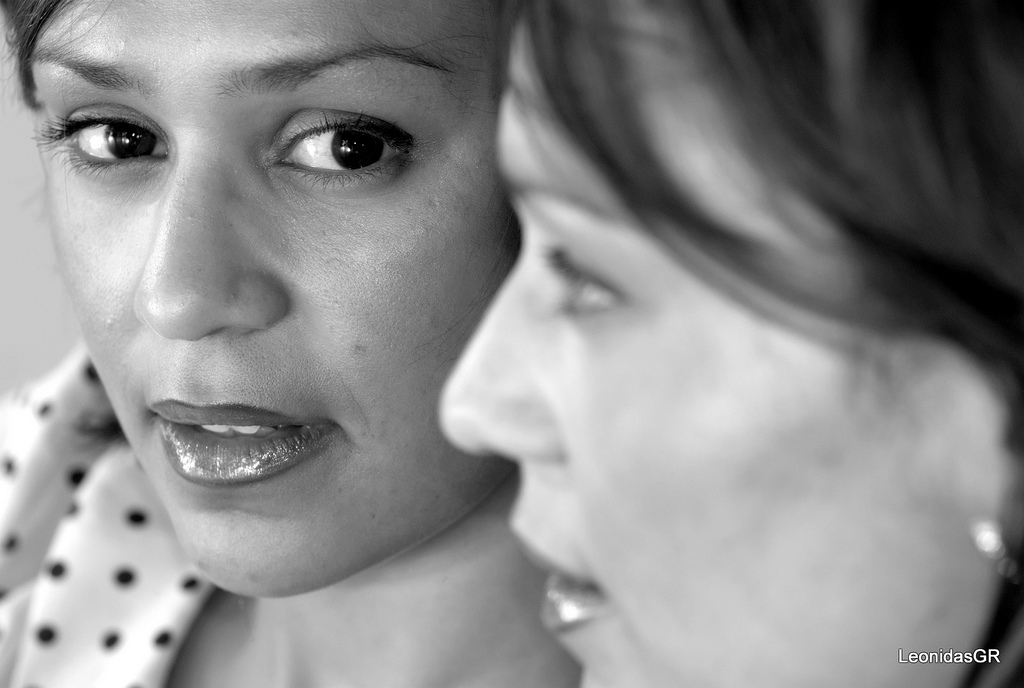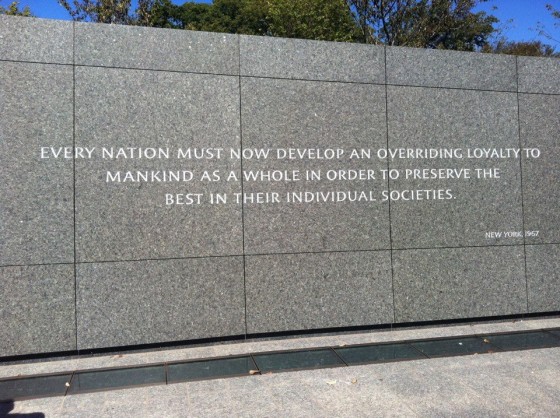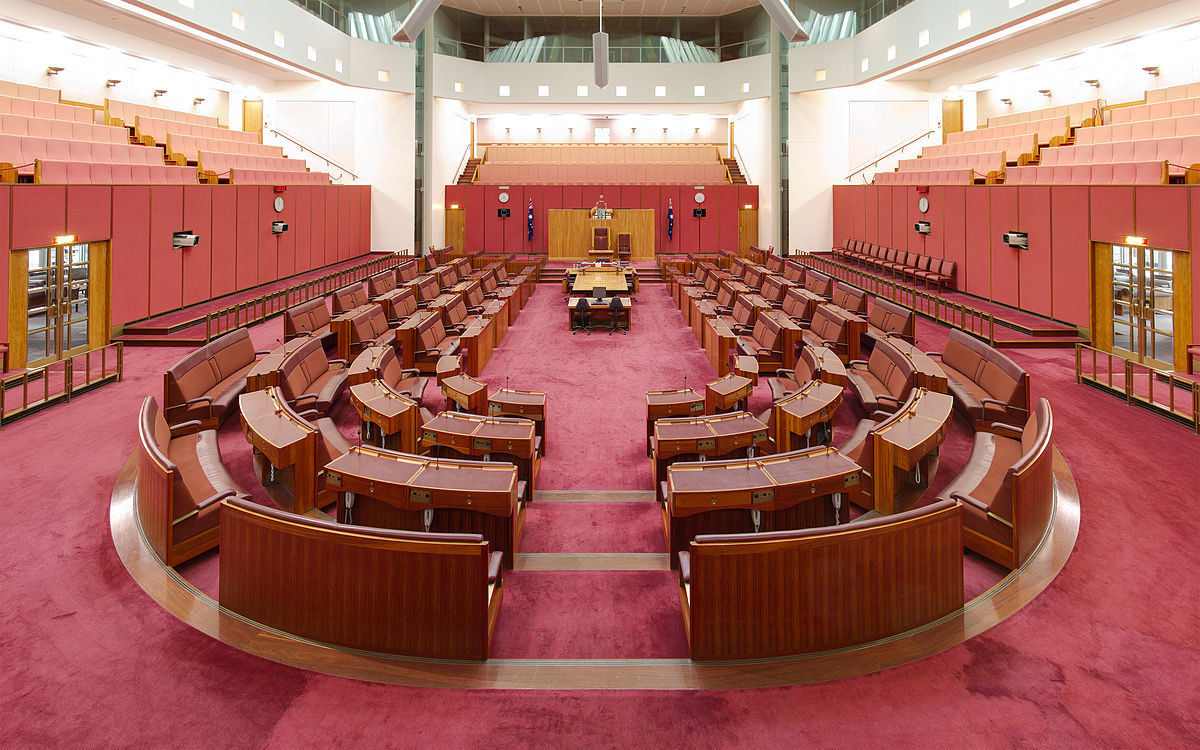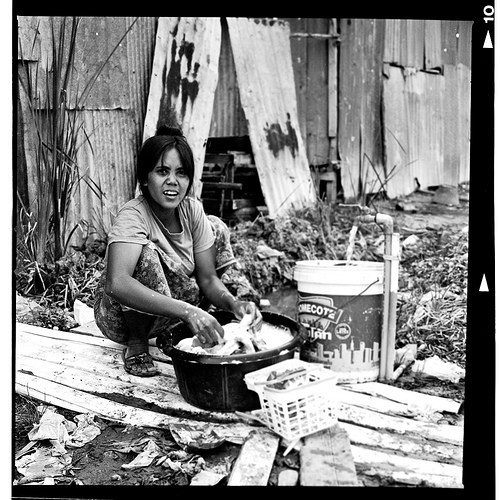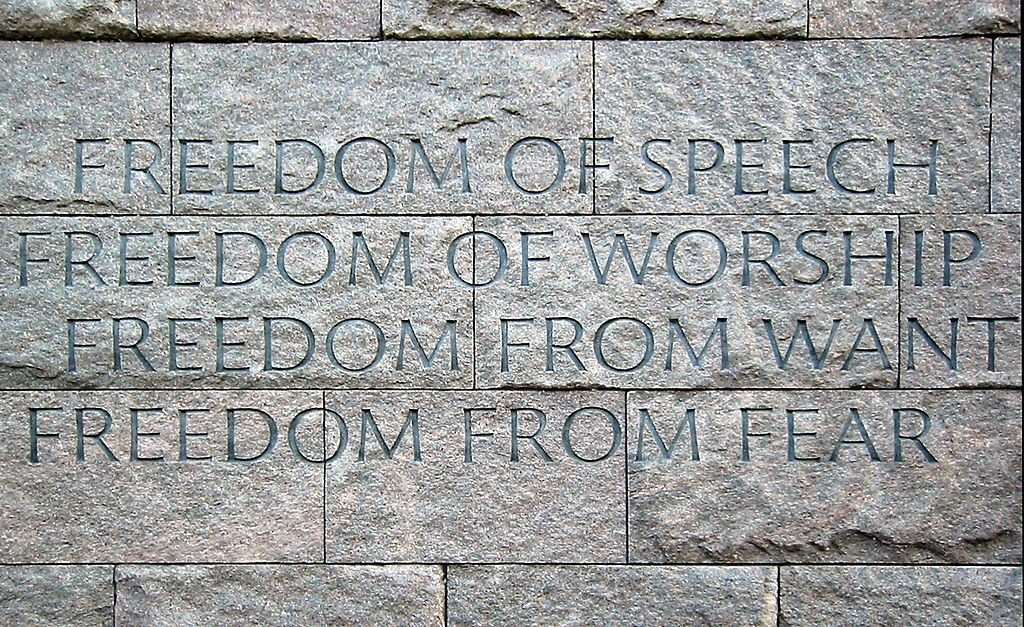racism
Racism operates directly and indirectly to exclude people from real access to equality. Racism feeds unjust policies which deny people categorised as "other": their human rights. Racism can feed social exclusion within communities and in turn breed cycles of hostility and violence. Treating "non-citizens" differently to "citizens", apart from what else it amounts to - amounts to discrimination on the basis of race.
-
Alain Locke on Identity and Human Rights
Of Alain Locke, Martin Luther King Jr. said: “We’re going to let our children know that the only philosophers that lived were not Plato and Aristotle, but W. E. B. Du Bois and Alain Locke came through the universe.” In this article we explore an idea in the work of Alain Locke – the idea that identity and oppression are related to each other. That the pathway to emancipation is through re-imagining our identity. Early on he explored these themes in the introduction he wrote to his 1925 anthology titled “The New Negro“. The tribute above, particularly from Martin Luther King, calls for greater attention to Alain Locke’s philosophy and…
-
Elysium – The Future of Human Rights is Now
Like Gattaca, the movie Elysium paints a picture of a dystopian future. Both movies explore questions of human rights and exclusion. That’s pretty much where the similarities end. Elysium’s Social Justice Message Elysium is unashamedly a sci-fi action flick in mainstream Hollywood tradition. It’s heroes and villians ride in guns blazing. If that’s your thing, then you’ll enjoy the ride. If not, underneath the hero myth, it’s a movie with a serious message. It deals with economic and social extremes in our world today. The future is just a mirror to help us see the present more clearly. In that sense, its science fiction doing what science fiction does…
-
Martin Luther King Jr – Civil Rights Leader and Peace Advocate
Martin Luther King, Jr. gave his life for the poor of the world, the garbage workers of Memphis and the peasants of Vietnam. The day that Negro people and others in bondage are truly free, on the day want is abolished, on the day wars are no more, on that day I know my husband will rest in a long-deserved peace. —Coretta King This article is part of a series on human rights forebears. Rev. Dr. Martin Luther King Jr. lived a life beyond the ordinary and writing about him is challenging. His life made the world that came after him better. This article will not do justice to his…
-
The Peace Advocacy of Martin Luther King (Part 4 of 4)
To appreciate Martin Luther King’s thoughts on peace, we must understand his thoughts about the relationship between human beings. He saw all human beings as caught “in an inescapable network of mutuality, tied in a single garment of destiny.” He expands on this thought in his 1964 speech, “The American Dream”. All I’m saying is simply this, that all life is interrelated. And we are caught in an inescapable network of mutuality, tied in a single garment of destiny — whatever affects one directly, affects all indirectly. For some strange reason I can never be what I ought to be until you are what you ought to be, and you…
-
Martin Luther King and Non-violence (Part 3 of 4)
Martin Luther King thought deeply about the best methods to use to overcome the injustices facing African Americans. This in itself is an important observation. It is appropriate for us in the 21st century to also think deeply about questions of method. His speeches frequently describe and defend nonviolence as the method he felt was both effective and moral for the issues on which he worked. Sometimes the description was in response to criticism of the method as “too extreme”, at other times it was to reject the violence advocated by some. His explanations were patient and detailed. The basic steps of the method are outlined to his fellow ministers…
-
Martin Luther King Jr. – What role did Christianity play in his civil rights advocacy? (Part 2 of 4)
Martin Luther King Jr. was born in Atlanta Georgia, the second son of Martin Luther King Sr. and Alberta Williams King. Martin Luther King Jr. was by vocation a Baptist minister. He was in the fourth generation of his family to take up this vocation. It is impossible to fully appreciate Martin Luther King’s work without understanding the role that Christian thought and inspiration played in his advocacy of human rights. Martin Luther King’s letter from a Birmingham prison to fellow Christian clergymen gives insight to the role his religious commitment played in generating and sustaining his commitment to work for justice. Further, the people from whom he came, the…
-
Martin Luther King Civil Rights Leader and Peace Advocate (Part 1 of 4)
Martin Luther King, Jr. gave his life for the poor of the world, the garbage workers of Memphis and the peasants of Vietnam. The day that Negro people and others in bondage are truly free, on the day want is abolished, on the day wars are no more, on that day I know my husband will rest in a long-deserved peace.—Coretta King This article is part of a series on human rights forebears. Rev. Dr. Martin Luther King Jr lived a life beyond the ordinary and writing about him is challenging. His life made the world that came after him better. This article will not do justice to his contribution.…
-
The Hundred Foot Journey
The Hundred Foot Journey, plays out against a physically short distance, yet the distance that keeps the people involved apart, is vast. The movie tells the story of a meeting between two cooking cultures: Indian and French. Both are proud of their cooking traditions. An Indian family, displaced some time before to England by political violence in their home country, seeks out a new life across the channel in Europe. A chance car breakdown takes them to an idyllic French town; where they find the food ingredients with the flavours they are seeking. Their arrival sparks a competition between cooking cultures and rival restaurants. Four characters are at the heart…
-
Crossing Over: does immigration policy discriminate?
Does immigration policy discriminate? The White Australia policy is gone – so we might conclude that it doesn’t. And indeed Australia would be unrecognisable to those who created the White Australia policy at the end of the 19th century. Times change and such racist practices are now a condemned part of the past. Today Australia celebrates the diversity and strength of its people: actively creating pathways and welcoming individuals and families from around the world into its community. Race is not relevant. That’s not the full story of course. Currently a human rights inquiry is investigating the treatment of children in Australian immigration prisons. These are children from families, or…
